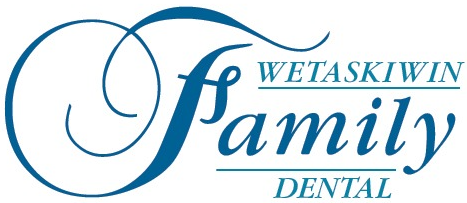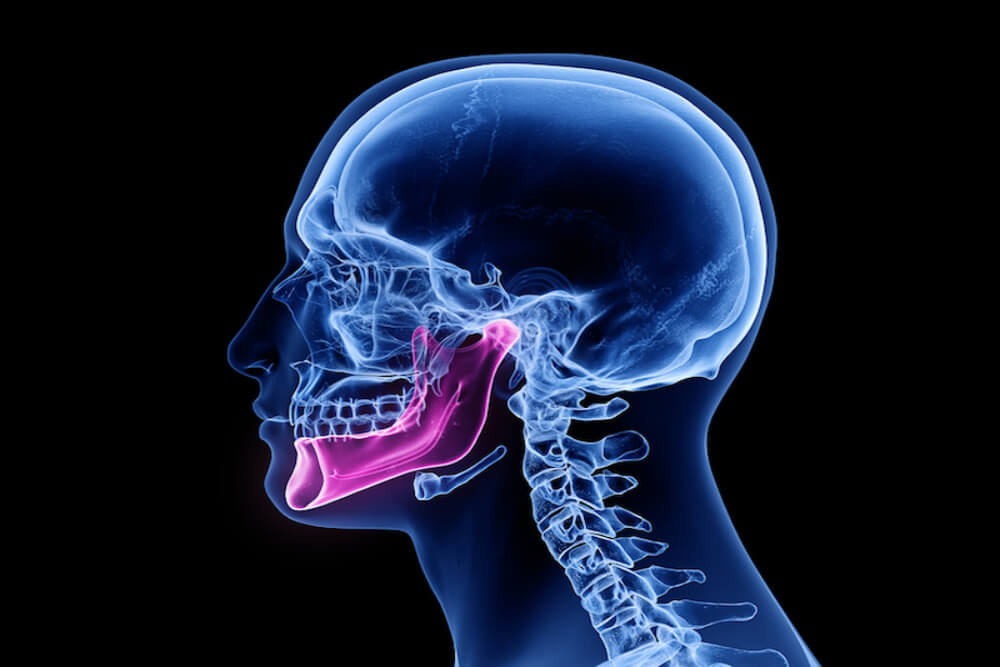Bone loss is an unfortunate and common result of the loss of a tooth, whether from extraction or some other reason. Dental implants, like those available from Wetaskiwin Family Dental in Wetaskiwin, can slow and even stop it.
Bone loss, or recession, occurs because the bone’s density is no longer preserved by the action of chewing. The pressure and stimulation it causes to the bone are what keep it healthy. When the tooth root is gone, and the stimulation along with it, the bone is actually re-absorbed into the body.
As much as twenty-five percent of the bone around the area of the lost tooth recedes within a year of the loss. Without something being done, the bone continues to recede.
Full or partial dentures will not stop the bone from receding. That’s because they can’t provide the stimulation the bone needs. This ongoing bone loss can lead to another consequence: a sagging or collapsed appearance to the lower part of the face.
How Implants Stop Recession
Dental implants are physically attached to the body. They are titanium posts inserted into the jaw. Within a few months, they fuse with the bone, becoming one with it.
One implant can support an artificial tooth. Several implants can support a bridge or a full dental arch. The implant acts as a replacement tooth root, giving the bone the stimulation it needs to stop the recession.
With dental implants from Wetaskiwin Family Dental in Wetaskiwin, you maintain bone mass, along with the ability to bite and chew normally. They also restore your smile! Patients come to us from Leduc, Camrose, and Ponoka for complete general dentistry. Schedule an appointment with us today!

